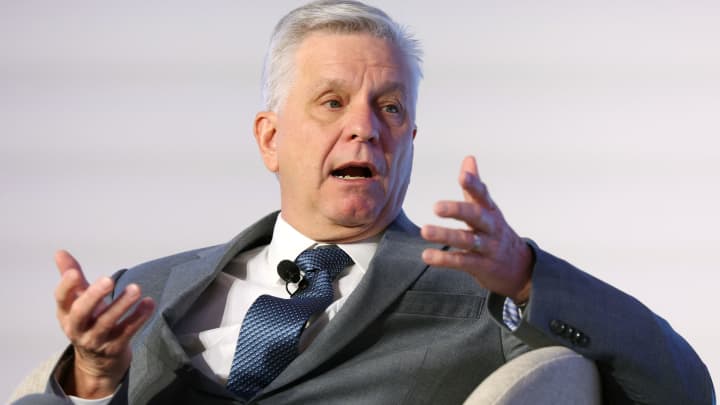News Flash
News Flash

WASHINGTON, June 20, 2025 (BSS/AFP) - A US Federal Reserve official said
Friday that the central bank could cut interest rates as early as in July,
after policymakers this week kept rates unchanged for a fourth straight
meeting.
"We can start the process of bringing rates down, and then if there's some
big shock due to maybe the Middle East conflict, we can pause," Fed governor
Christopher Waller told CNBC in an interview.
"I think we're in that position that we could do this, and as early as July,"
he added.
The Fed has held the benchmark lending rate steady at a range between 4.25
percent and 4.50 percent since the start of the year, despite President
Donald Trump repeatedly urging the independent central bank for rate
reductions.
Fed Chair Jerome Powell said Wednesday that the bank would make smarter
decisions if it waited to understand how Trump's tariffs impact the world's
biggest economy, expecting to learn more over the summer.
"I think you'd want to start slow," Waller said on CNBC. "But start the
process, that's the key thing."
He argued that central banks should "look through tariff effects on
inflation" and focus instead on the underlying trend in price increases.
Waller added that even if tariffs impacted costs, he anticipates this to be a
"one-off level effect" that should not cause persistent inflation.
His comments come as Fed policymakers appear increasingly divided on whether
they can cut rates at all this year.
Powell noted Wednesday that the tariffs' effects on inflation could be one-
off or persistent, saying officials are "well-positioned to wait to learn
more" before considering interest rate changes.
On Trump's recent remarks that slashing rates was a way for the country to
pay less interest on debt, Waller told CNBC it was the job of Congress and
the Treasury Department to ensure a sustainable fiscal situation.
Referring to the Fed, Waller said: "Our mandate from Congress tells us to
worry about unemployment and price stability, and that's what we're doing."
"It does not tell us to provide cheap financing to the US government," he
said.